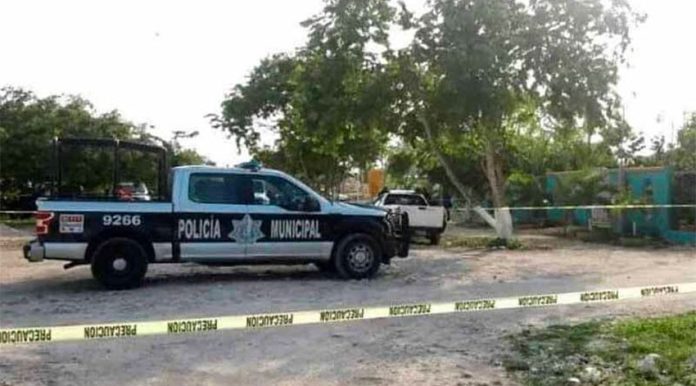It’s best known for its beautiful beaches and party vibe but the Caribbean coast town of Tulum is also gaining a reputation for crime and violence. In fact, the situation is becoming so bad that a National Security Council representative believes that the ongoing success of the Quintana Roo tourist destination is at risk.
Homicides in Tulum increased 109% in 2018, surging to 23 from 11, before rising 47.8% in 2019 to 34. The upward trend continued last year with homicides up 44.1% to 49.
Several other crimes including home burglaries, muggings, domestic violence and extortion have also increased over the past three years, while small-scale drug trafficking offenses soared 783% between 2019 and 2020, according to National Public Security System data.
James Tobin, a Quintana Roo-based citizens’ representative on the federal government’s National Security Council, told the newspaper Reforma that violence has increased in Tulum due to turf wars between criminal groups.
According to the Quintana Roo government, six criminal groups operate in the resort town including the powerful Jalisco New Generation Cartel, the Zetas Vieja Escuela (Old School Zetas) and the Sinaloa Cartel.
The main lure for the gangs is the retail drug trade: many tourists go to Tulum to party and take drugs in a “tremendous way,” according to Tobin, and they are prepared to pay to get their hands on the ones they want.
Another problem, he said, is there aren’t enough police officers in Tulum, which became its own municipality in 2008 after separating from Solidaridad, where Playa del Carmen is located.
“…[There are] 150 police for 80,000 residents, … they can’t deal with the situation, they’re overwhelmed,” Tobin said.
“We have to pay a lot of attention to Tulum because the success of Tulum could be killed. [Otherwise] what will happen in the end is that it will become a fertile ground for criminal groups,” he said.
Juan Noriega, executive director of the Tulum Hotel Association, said the business owners he represents have all been affected by the increase in violence and crime in one way or another.
“All of them have been affected to a greater or lesser degree; the insecurity is latent in some cases and patent in others,” he said.
“… Hoteliers are alarmed because their customers, the tourists in other words, are being harassed by the criminals and when they seek help from the authorities they don’t get a response. … I’m talking about one issue – [drug] trafficking,” Noriega said.
He said the situation is most serious in the hotel zone, which is located on the coast about five kilometers outside the town.
Quintana Roo Public Security Minister Lucio Hernández acknowledges that drug trafficking and turf wars are problems in Tulum, telling Refoma that the recent arrival of the Sinaloa Cartel – the criminal organization once headed up by notorious convicted drug lord Joaquín “El Chapo” Guzmán – is one factor behind the increase in violence.
He said his ministry has also received reports of hotels and restaurants in Tulum being victims of extortion and is dealing with the situation.
Tulum was a sleepy fishing town with limited tourism capacity until relatively recently. However, the number of tourists, especially visitors from the United States, has increased rapidly over the past decade, and there has been a development boom – replete with its own problems – to accommodate them. There are now more than 7,000 hotel rooms in Tulum, making it one of the major destinations in Quintana Roo.
Tourism in the coastal town is only set to grow in the years ahead as a new airport is slated to open in 2023.
Source: Reforma (sp)
